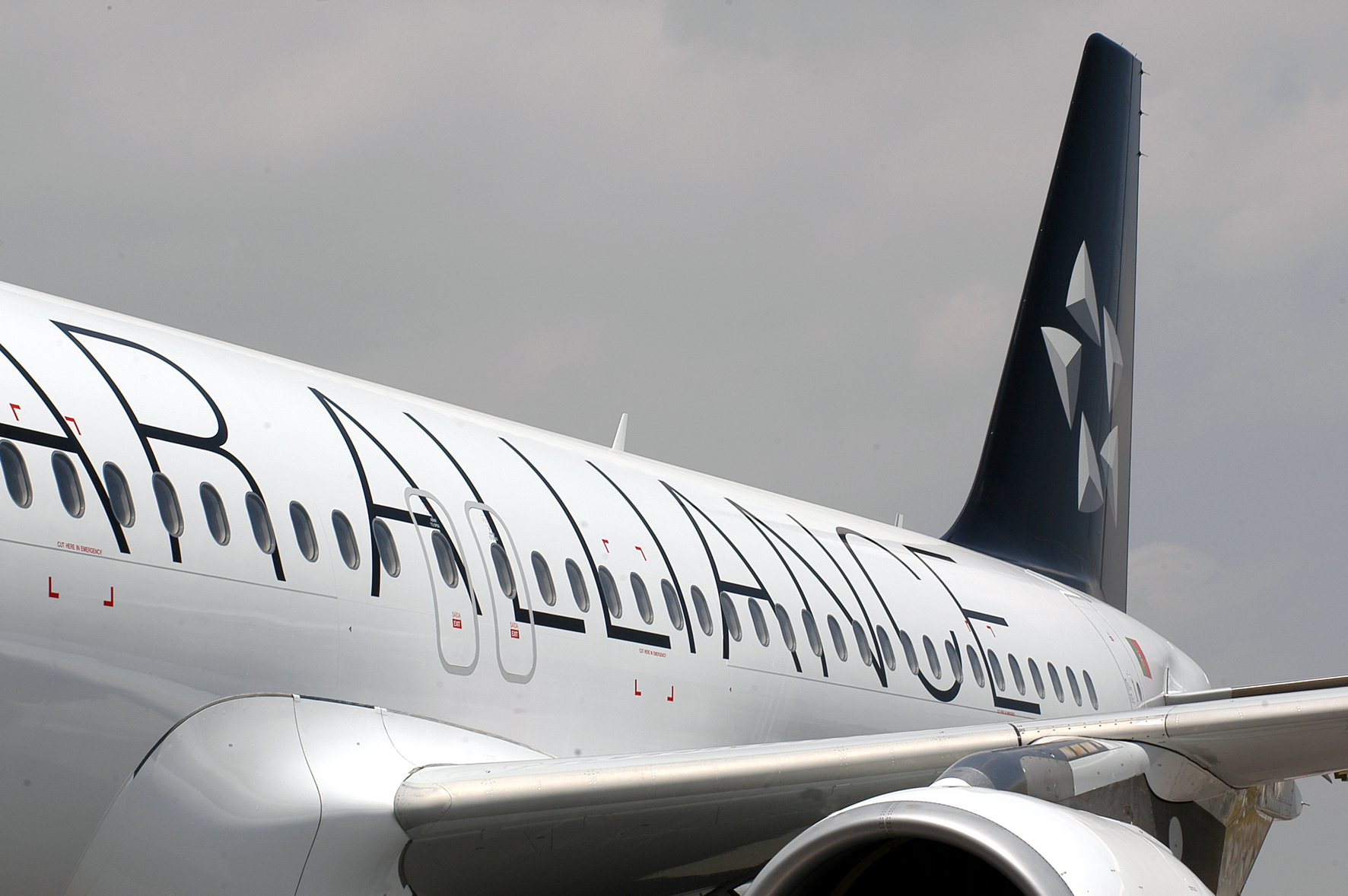Air Travel Fairness, one of the largest traveler advocacy organizations in the U.S., today called on the U.S. Department of Transportation (DOT) to take urgently needed action to protect consumers’ ability to easily compare airfares and schedules on the website of their choice, as yet another airline – this time JetBlue – has taken steps to block the access that consumers rely on.
Yesterday, several media outlets reported – and JetBlue confirmed – that the airline has decided to stop providing its schedules and fares to 12 different travel websites.
“Any time an airline in the United States works to silence independent, consumer-focused travel comparison sites is a bad day for the flying public,” said Kurt Ebenhoch, executive director of the Air Travel Fairness Coalition. “The harder it is for travelers to compare schedules and ticket prices, studies show that consumers end up paying more for air travel.”
A study by Fiona Scott Morton of the Yale School of Management, and R. Craig Romaine and Spencer Graf of consulting firm Charles River Associates, states how much more: “Restrictions by airlines of broad access to airline information—prices and schedules—substantially reduce consumer welfare. This study estimates the potential reduction in net consumer welfare of limiting airline price and schedule information to only airline websites could exceed $6 billion per year.”
Consumer surveys, including one conducted by the airline industry itself less than a year ago, show that consumers want an easier online shopping experience for travel, yet the action taken by JetBlue and other airlines is taking the online travel experience in the opposite direction. JetBlue’s action follows a U.S. General Accounting Office (GAO) report from last year saying that airline websites fall short in transparency and ease of use.
Today, the four major airlines maintain an oligopoly over air travel, with more than 80% of the flights in the U.S. “With the incredibly concentrated airline market in the United States, this is one more example of anti-consumer behavior as the airlines thumb their noses at competition,” Ebenhoch added. “What’s most troubling is that this action is being taken by an airline that purports to be the most consumer-centric carrier in the industry, and one that just last month lamented ‘mega-carriers trying to use their muscle and deep pockets to limit competition.’”
According to media reports, the 12 websites are only the first phase of JetBlue’s strategy to drive more traffic to its own website, and through the websites it chooses to be a part of its cost-savings strategy. “Consumers and the marketplace should be choosing winners and losers in the online travel market, not the airlines,” said Ebenhoch. “We continue to believe that the Department of Transportation needs to step in and protect consumers, not airline profits,” said Ebenhoch.
In its 2017 second quarter financial results, the most recent available, JetBlue reported a 13% increase in operating income compared with the second quarter of 2016, and a 14.9% increase in pre-tax income. In its second quarter earnings news release, the airline said: “We continue to execute on the commercial and cost initiatives we have underway to deliver above industry average margins.”
Travelers want to be able to quickly and easily compare all the airlines flying to their destination, and the cost of flying on each of them. JetBlue’s action will make that more difficult, and denies consumers the right to use the website of their choice.
An overwhelming majority of Americans believe the government has an obligation to protect consumers from unfair and deceptive practices in the marketplace. Despite bipartisan support to increase airfare transparency in Washington, D.C., the powerful airline industry and their lobbyists have prevented relief for consumers, who are often paying more to fly as a result.
WHAT TO TAKE AWAY FROM THIS ARTICLE:
- Department of Transportation (DOT) to take urgently needed action to protect consumers' ability to easily compare airfares and schedules on the website of their choice, as yet another airline – this time JetBlue – has taken steps to block the access that consumers rely on.
- Consumer surveys, including one conducted by the airline industry itself less than a year ago, show that consumers want an easier online shopping experience for travel, yet the action taken by JetBlue and other airlines is taking the online travel experience in the opposite direction.
- According to media reports, the 12 websites are only the first phase of JetBlue's strategy to drive more traffic to its own website, and through the websites it chooses to be a part of its cost-savings strategy.






















